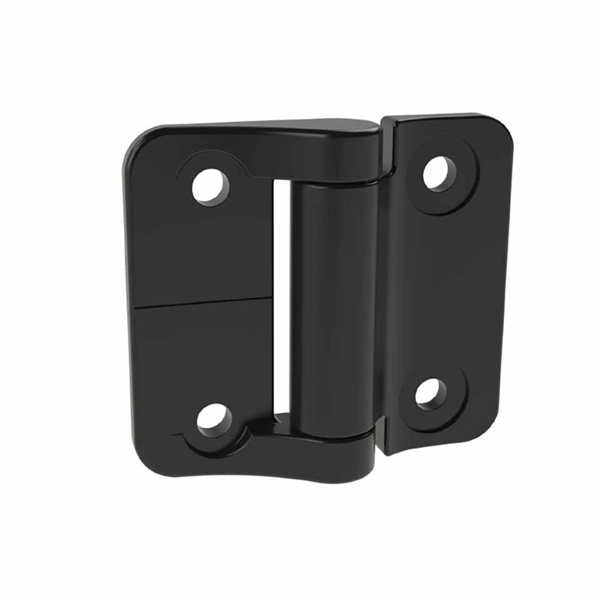Driving Excellence: The Advantages of Choosing Zinc for Die Casting Automotive Components
2024-01-02
Introduction:
The automotive industry's pursuit of excellence extends beyond performance and design to the very materials that shape its components. In this quest, zinc has emerged as a key player in the die casting process, offering a myriad of advantages that contribute to the creation of high-performance automotive parts. In this blog, we'll explore the unique benefits that make zinc an exceptional choice for die casting automotive components.
1. Lightweight and Strong:
Zinc's remarkable strength-to-weight ratio makes it an ideal material for producing lightweight yet robust automotive components. This characteristic is especially crucial as the industry continually seeks ways to enhance fuel efficiency and reduce overall vehicle weight.
2. Precision in Complex Designs:
Zinc die casting excels in reproducing intricate and complex designs with remarkable precision. Automotive components often demand intricate geometries, and zinc's ability to capture fine details ensures that manufacturers can create parts that meet stringent design requirements.
3. High Dimensional Accuracy:
Zinc's low melting point allows for precision casting with minimal shrinkage during solidification. This results in high dimensional accuracy, ensuring that components meet tight tolerances and adhere to exact specifications, critical for the optimal functioning of automotive systems.
4. Streamlined Production Process:
The die casting process with zinc is known for its high-speed production capabilities. The rapid solidification of molten zinc in the die or mold allows for quick cycles, making it well-suited for the automotive industry's demand for efficient and large-scale production of components.
5. Cost-Effectiveness:
Zinc die casting offers cost-effective solutions for automotive manufacturers. The streamlined production process, minimal material wastage, and the ability to create complex components in a single piece contribute to reduced manufacturing costs, aligning with economic considerations.
6. Corrosion Resistance:
Automotive components are exposed to diverse weather conditions and environmental factors. Zinc's natural corrosion resistance ensures that die-cast components remain durable and reliable, even when subjected to challenging conditions.
7. Recyclability:
Zinc is highly recyclable, making it an environmentally friendly choice for die casting. The scrap generated during the die casting process can be efficiently recycled, aligning with the automotive industry's commitment to sustainability and reducing its environmental impact.
8. Exceptional Surface Finish:
Zinc die-cast components often exhibit a smooth and aesthetically pleasing surface finish. This is crucial for automotive parts where appearance matters, contributing to the overall visual appeal of the vehicle.
Conclusion:
In the realm of die casting automotive components, zinc stands out as a material that combines strength, precision, and cost-effectiveness. Its ability to meet the demanding requirements of the automotive industry, from intricate designs to lightweighting and corrosion resistance, makes it a versatile and essential choice. As the automotive landscape continues to evolve, the advantages of using zinc in die casting will likely play a pivotal role in shaping the future of high-performance and efficient vehicles.


